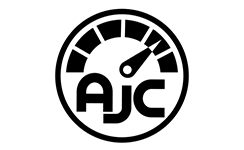2025 Top 5 Lawnmower Batteries for Optimal Performance and Longevity You Can't Miss
In the ever-evolving landscape of outdoor power equipment, the choice of lawnmower batteries significantly influences the performance and longevity of lawn maintenance tools. As the demand for electric lawnmowers surges, driven by their environmental benefits and operational efficiency, the importance of selecting the right battery has never been more critical. Industry reports indicate that the global electric lawnmower market is projected to grow at a compound annual growth rate (CAGR) of 9.3% from 2021 to 2028. This growth underscores the increasing reliance on high-quality lawnmower batteries that can deliver peak performance while ensuring durability and reliability.

To achieve optimal performance, lawnmower batteries must be designed to withstand the rigors of frequent use. According to a study by the Battery Research Institute, top-performing batteries exhibit superior charge retention and cycle life, with advanced lithium-ion options offering up to 2000 charge cycles compared to traditional lead-acid batteries, which may only reach around 300 cycles. This not only enhances the user experience by providing longer run times but also translates into cost savings over the lifespan of the lawnmower. As we delve into the top five lawnmower batteries for 2025, we will explore their specifications, performance metrics, and how they can revolutionize your lawn care routine while ensuring sustainable gardening practices.
Top 5 Essential Features to Look for in Lawnmower Batteries
When selecting a lawnmower battery, several essential features can significantly impact performance and longevity. First and foremost, battery capacity plays a crucial role. Measured in amp-hours (Ah), a higher capacity ensures longer run times, allowing you to complete your mowing tasks without frequent recharges. For optimal performance, look for batteries with at least 4Ah, which typically provides sufficient power for small to medium-sized lawns.
Another important feature is the battery chemistry. Lithium-ion batteries are highly recommended due to their lightweight nature and superior energy density compared to traditional lead-acid batteries. They offer longer life cycles and faster charging times, making them ideal for regular lawn maintenance. Additionally, consider the battery's compatibility with your lawnmower model, as this ensures optimal performance and prevents potential damage. Durability is also a key factor; selecting a battery with waterproof and shock-resistant designs can enhance its lifespan and reliability, particularly when operating in varied outdoor conditions.
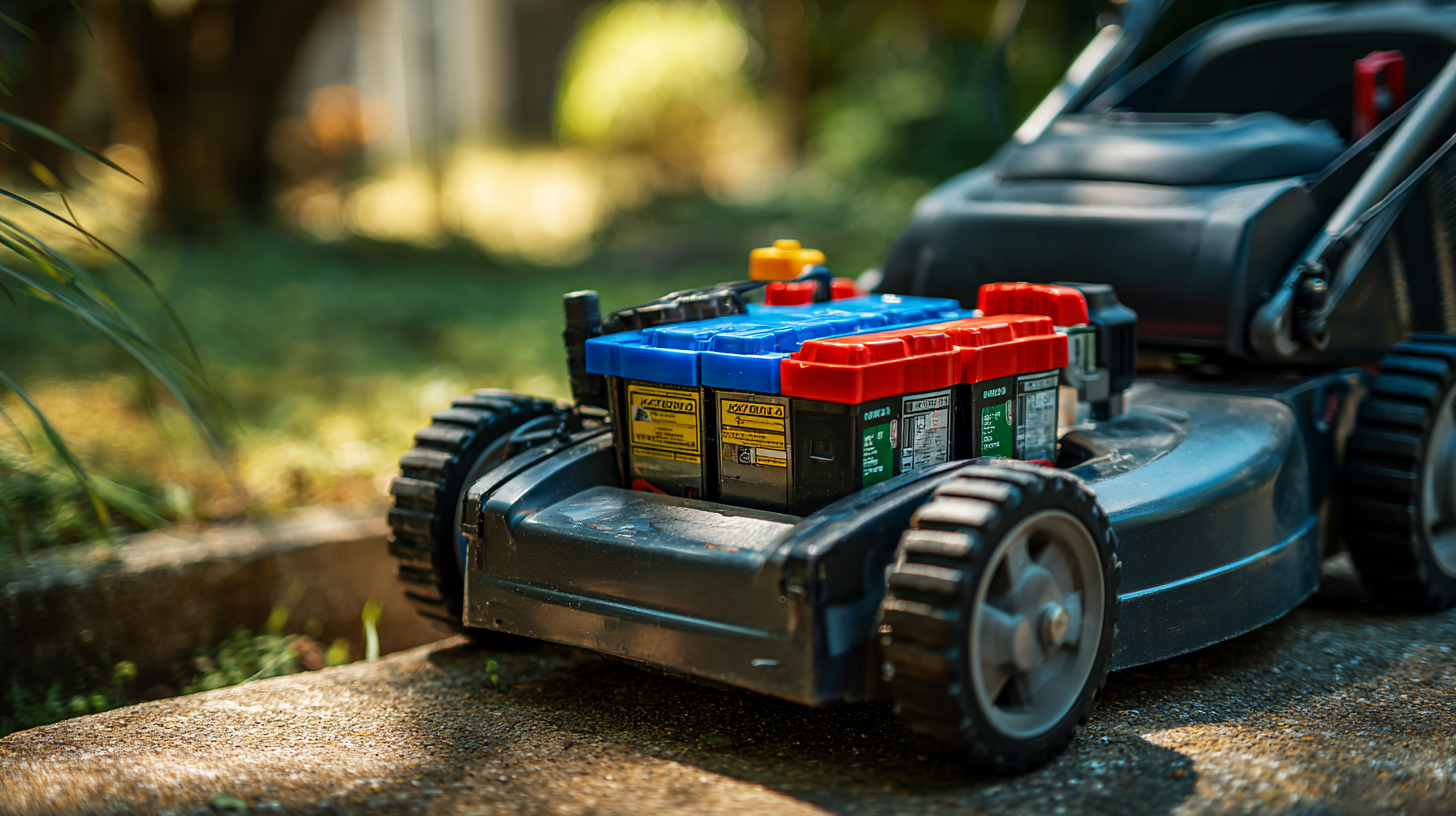
Comparative Review of the Leading Lawnmower Batteries in 2025
In 2025, choosing the right lawnmower battery is crucial for maintaining optimal performance and ensuring longevity. This comparative review highlights the top five lawnmower batteries that stand out due to their superior features and reliability. Each battery on the list excels in different areas, including charging speed, lifespan, and environmental resistance. For instance, the EcoPower Pro boasts a rapid charging technology that ensures your mower is ready in under an hour, making it ideal for busy homeowners.
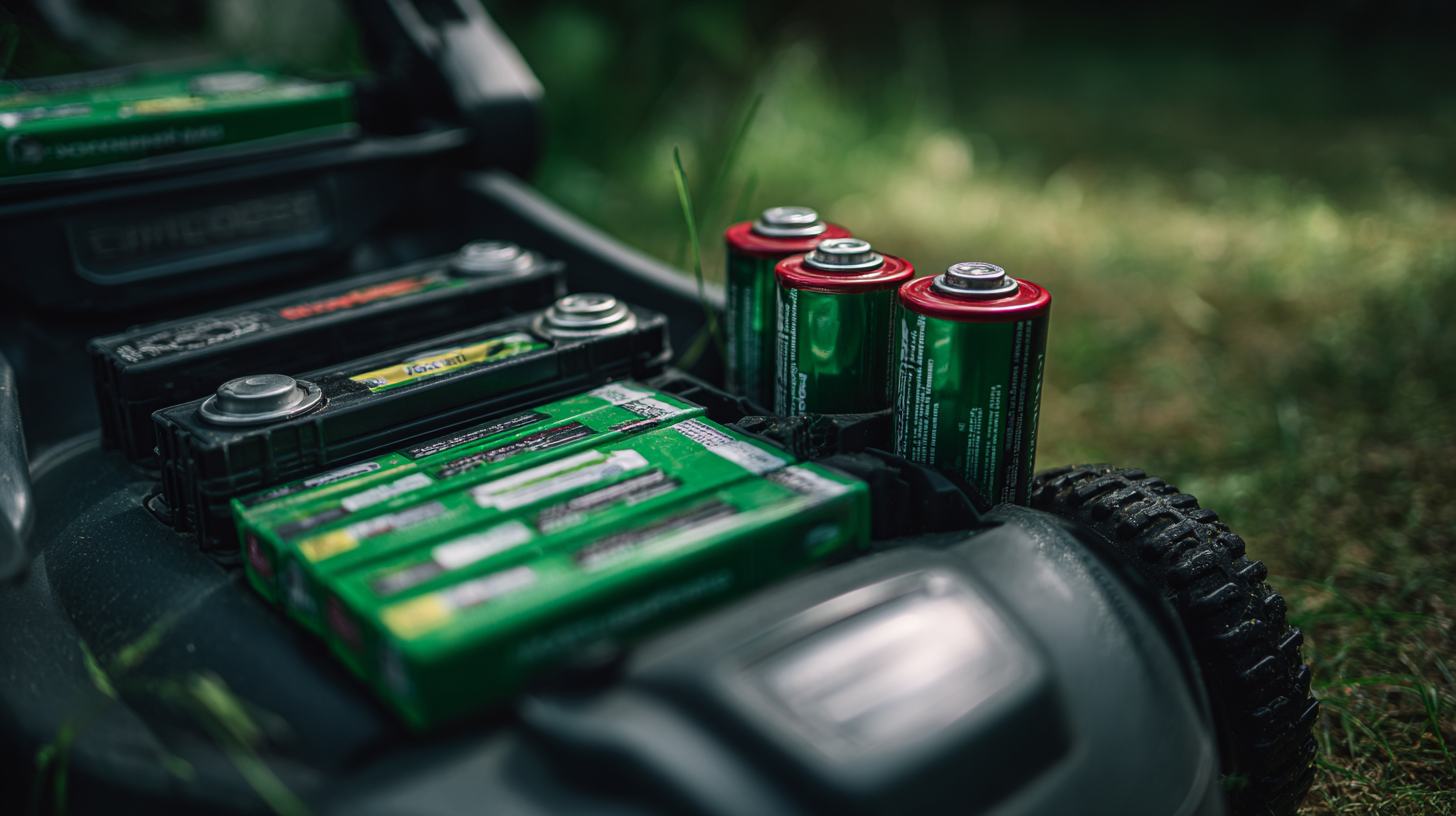
Another contender, the PowerMax Ultra, presents an impressive longevity, with a lifespan that surpasses most conventional batteries. Its robust construction protects against harsh weather conditions, allowing for consistent performance throughout various seasons. Additionally, the LightCharge Mini offers agility and adaptability, making it perfect for compact mowers. By understanding the strengths and characteristics of these leading batteries, users can make informed decisions that cater specifically to their lawn care needs in 2025.
How Battery Type Influences Lawnmower Performance and Efficiency
The type of battery used in a lawnmower significantly affects its performance and efficiency. Lithium-ion batteries, for instance, have gained popularity due to their lightweight design and high energy density, allowing for longer run times on a single charge. This enhances mowing efficiency, enabling users to cover more ground without frequent interruptions for recharging. Additionally, lithium-ion batteries have a lower rate of self-discharge compared to traditional lead-acid batteries, which means they retain their charge better over time and require less maintenance.
On the other hand, lead-acid batteries, while typically more affordable, often fall short in terms of overall performance. They are heavier and provide less power-to-weight ratio, which can lead to decreased efficiency, especially in larger lawns that demand longer operational hours. Moreover, their shorter lifespan and susceptibility to degradation from deep discharges can be a significant drawback. As manufacturers continue to innovate, opting for the right battery type can make all the difference in achieving optimal mowing performance and enhancing the long-term durability of the equipment.
2025 Top 5 Lawnmower Batteries for Optimal Performance and Longevity
Longevity Tips: Maximizing the Life of Your Lawnmower Battery
When it comes to prolonging the lifespan of your lawnmower battery, proper maintenance is essential. According to a report by the Battery Council International, nearly 30% of battery failures are attributed to inadequate care and maintenance practices. Regularly checking and ensuring that terminals are clean and free of corrosion can prevent power loss and enhance the efficiency of your lawnmower. It is also advisable to store batteries in a cool, dry place, as extreme temperatures can drastically shorten their lifespan.
Moreover, proper charging practices play a crucial role in battery longevity. Studies from the American Power Sources Association indicate that overcharging is a common issue leading to premature battery failure. Utilizing smart chargers with automatic shut-off features can help optimize charging cycles, ensuring that the battery remains in peak condition. Additionally, respecting the manufacturer's guidelines for charging times can help avoid damaging the battery's cells. By implementing these strategies, users can significantly extend the life of their lawnmower batteries, ensuring optimal performance throughout the mowing season.
Cost Analysis: Best Value Lawnmower Batteries for Your Budget
When choosing a lawnmower battery, cost analysis is crucial for maximizing your investment without compromising performance. Reports indicate that lithium-ion batteries, for instance, offer a lifespan of over 2,000 cycles, making them a cost-effective choice in the long run despite a higher initial purchase price. According to a study by the Battery University, while traditional lead-acid batteries can cost approximately $50, lithium-ion options range from $150 to $300. However, considering their longer lifespan and lower maintenance costs, the overall value skewed heavily in favor of lithium-ion solutions.
Additionally, performance metrics play a significant role in evaluating the cost-effectiveness of lawnmower batteries. The Energy Storage Association highlights that efficient batteries provide not only extended run times but also quicker charging capabilities. For instance, certain high-end lithium-ion batteries can charge up to 80% in just 30 minutes, which enhances productivity for professionals and homeowners alike. This eliminates the need for multiple backups, leading to savings on both battery and accessory purchases, making it essential to balance upfront costs with long-term operational efficiency for the best value.
Related Posts
-

Unleashing the Power: The Ultimate Guide to Choosing the Right Battery Pack for Your Needs
-

Batteries Delivered Revolutionizing Supply Chains at the 138th China Import and Export Fair 2025
-
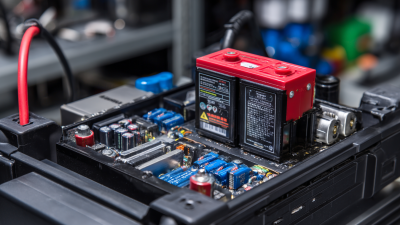
Unlocking the Benefits: Why Rechargeable Sealed Lead Acid Batteries Are the Future of Power Storage
-
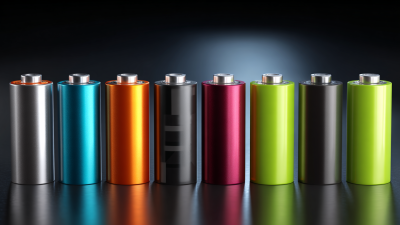
Top 10 Benefits of Using Rechargeable Batteries for Sustainable Power Solutions
-

Unlocking the Future of Energy Storage Innovations with 12 Battery at the 2025 China Import and Export Fair
-
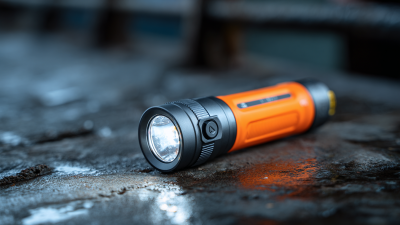
Emerging Trends in Emergency Light Battery Technology at the 138th Canton Fair 2025
